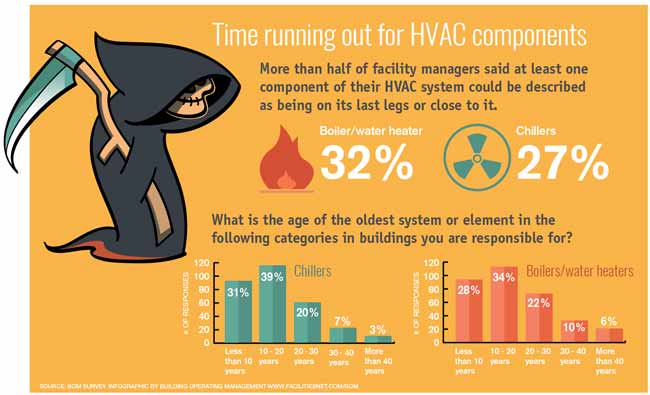Heat Pump Vs Heater - Which Is The Better Heating Option For Your Home?
Heat Pump Vs Heater - Which Is The Better Heating Option For Your Home?
Blog Article
Author-Pearson Matthiesen
Several house owners recognize with heating systems, which warm homes with oil or gas and push hot air with ductwork. They are fairly cost-effective and can provide reliable heating even throughout a wintertime power outage.
Nonetheless, they make use of fossil fuels and generate carbon monoxide gas and other air contamination. They additionally aren't as energy-efficient as a high-efficiency heatpump.
Expense
Usually, heatpump are a lot more inexpensive to operate than heaters. They usually utilize electrical energy and cooling agent to remove warm from outdoor air, and after that transfer it right into your home. You can make use of cheaper power prices during off-peak hours to even more reduce your heating expenses.
Unlike heat pumps, gas or wood-burning heaters make use of combustion to create warm, producing flue gases into the ambience that can be damaging to your health. These furnaces are likewise less energy-efficient than heat pumps, and their greater operating costs can build up gradually.
Heating systems are much more complicated than heatpump and need normal maintenance to ensure the correct function of all parts. Despite this, they often tend to last longer than heatpump with a common lifespan of 20 years or even more. Nonetheless, you'll require to factor in the cost of gas, gas oil or wood and the additional tools required for setup and procedure such as air ducts and air flow systems.
Energy Performance
Heatpump have a greater energy performance score than furnaces. These systems use electrical power to scavenge heat from the air, also in freezing temperatures. They can likewise get rid of excess warm from the home during warmer months and recycle it to cool the system. Provider specialists can assist you determine the most effective version for your home on climate and source energy costs.
Heating systems melt gas oil, propane, natural gas or other types of fossil fuel to warm the air in the home. christchurch ventilation installation service is then dispersed with ductwork making use of a big follower. heat pump with ducts create greenhouse gases and need routine maintenance and devices upgrades to make sure risk-free operation.
The greatest advantage of a heating system is that it can be operated even in extreme wintertime conditions since it does not count on outside temperatures to warm up the air. Heaters additionally have a longer lifespan than heat pumps and usually last 15 years. They can likewise be paired with double gas options, which pick one of the most effective heating option based on the weather condition.
air conditioner units in modest environments and make use of less resource power than heating systems. Nevertheless, if your area is remarkably chilly, you may need to invest in a basic gas heater instead.
Heating systems offer warm, cozy heat and normally supply fast heating to elevate indoor temperature levels. These systems can be made use of with a selection of gas types, consisting of gas, lp, oil or electrical energy.
They take in more power than heat pumps-- as much as 3x as much-- and require ductwork that's costly to set up or retrofit. They're likewise extra costly to keep, as they can cause air high quality problems and produce greenhouse gas emissions.
If you're committed to lowering your carbon impact, a heat pump is a good selection for your home. They have less greenhouse gas emissions than furnaces, specifically if you choose an ENERGY STAR ® heat pump. Your local Provider expert can discuss the distinctions in between these two heating systems and aid you make the most effective choice for your distinct needs.
Personal Preferences
Heaters can be really energy efficient when powered by natural gas, gas or oil, however they aren't as power efficient as heatpump in frigid climates. They can additionally be extra expensive to install, requiring gas lines and air flow systems.
However, heaters tend to need less upkeep, which can cause lower ongoing expenses. They produce fewer greenhouse gases and are much more reputable than heatpump during extreme weather condition.
Electric heatpump are extra versatile in producing indoor comfort due to the fact that they can additionally serve as air conditioning system throughout warmer months. They can be easier to maintain, needing just regular air filter adjustments and periodic vacuuming.
If you prefer the benefit of a solitary system that does it all, think about a hybrid home heating service that pairs a heater with an electrical heat pump. These systems can instantly switch in between both home heating options based upon your home's requirements and temperature problems, maximizing efficiency and financial savings.